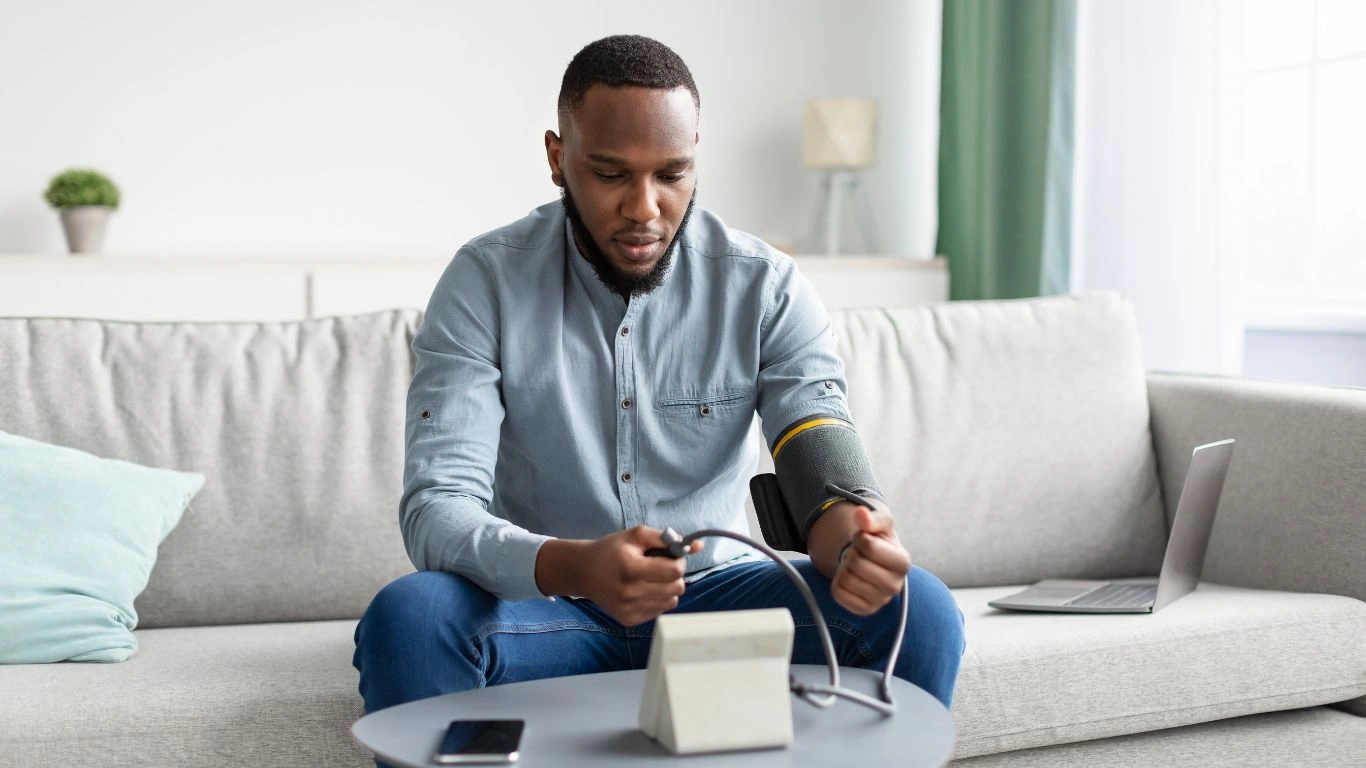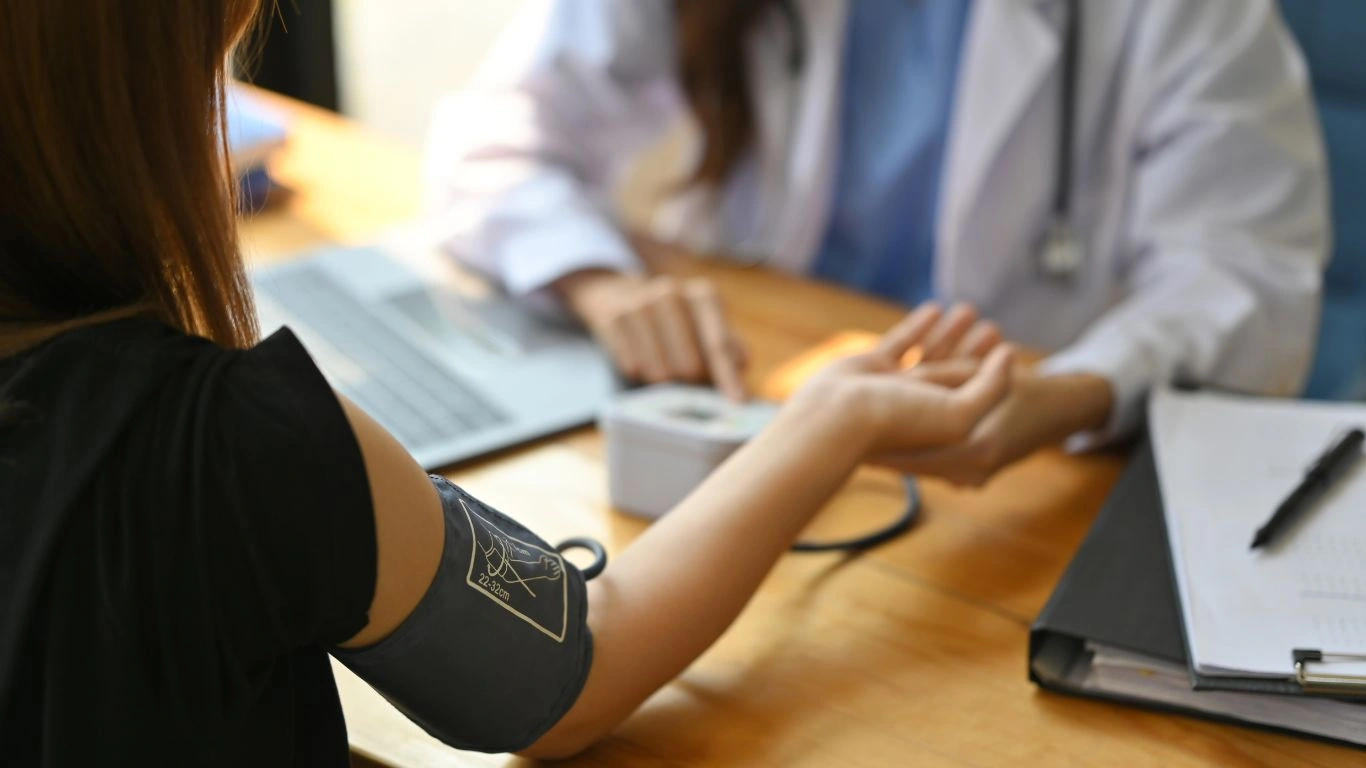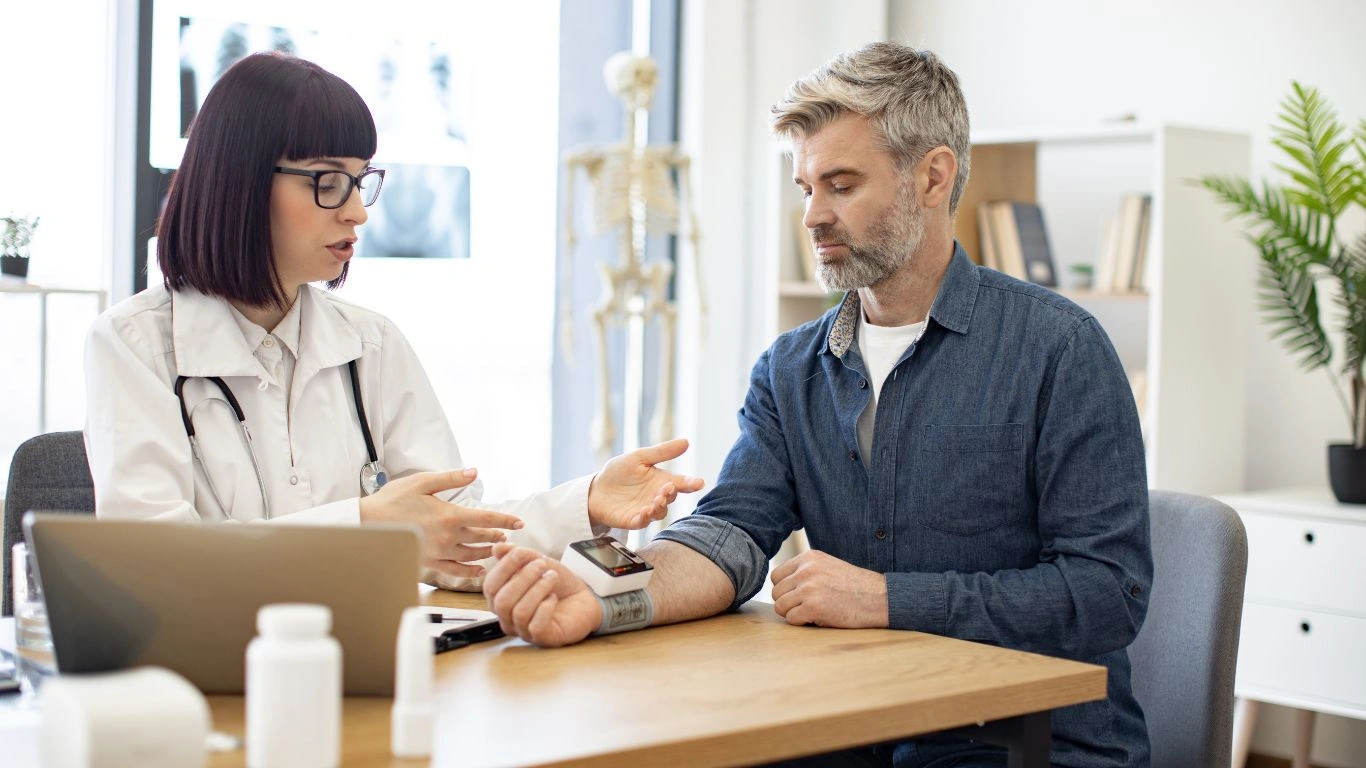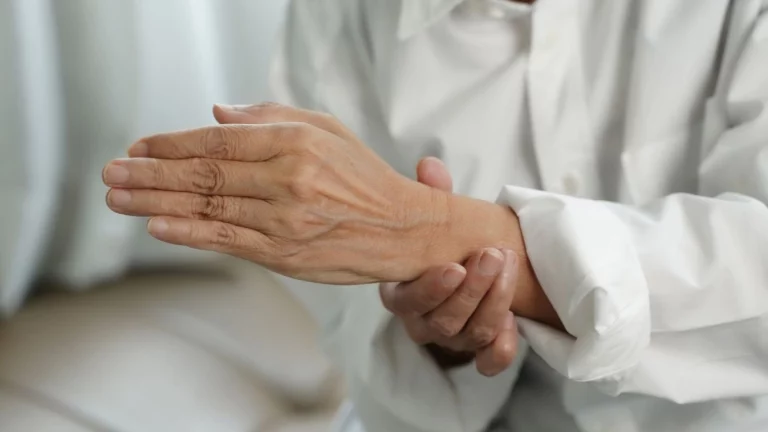Understanding the Link Between High Blood Pressure and Skin Conditions 🌡️🩺
Introduction: The Unexpected Connection Between Blood Pressure and Skin 🧐
When we think about high blood pressure (HBP), or hypertension, the first things that come to mind are heart disease, strokes, or kidney problems. But did you know it might also play a role in skin health? Yep, the skin—our largest organ—can be affected in surprising ways by hypertension. Let’s dive deep into the science and real-life implications of this connection.
What Is High Blood Pressure? 💔
High blood pressure occurs when the force of blood pushing against the walls of your arteries is consistently too high. Over time, this can strain your heart, damage blood vessels, and lead to various complications.
- Normal blood pressure: Below 120/80 mmHg
- Hypertension: 130/80 mmHg or higher
How Does High Blood Pressure Affect the Skin? 🩹
Blood pressure and circulation go hand in hand. Your skin relies on a steady blood flow to deliver nutrients and oxygen to stay healthy. If your blood vessels are under constant stress (thanks, hypertension), your skin can start showing signs too—things like rashes, weird discolorations, or even wounds that take forever to heal.

Blood Circulation and Skin Health
Your skin depends on a steady stream of oxygen-rich blood to stay healthy and regenerate. High blood pressure impacts blood flow, and the skin can suffer when circulation is compromised. Poor circulation can result in conditions like eczema, dry patches, or slow-healing cuts.
Inflammation and Skin Sensitivity
High blood pressure triggers inflammation in your body, and this affects your skin. Inflammation can cause redness, flare-ups of conditions like psoriasis, and even make your skin extra sensitive.
Medications Can Play a Role
If you’re taking medication for high blood pressure, you might notice your skin reacting in certain ways. Medications like diuretics or beta-blockers can make your skin drier or more prone to irritation. Talk to your doctor if this is happening!

Troubleshooting Common Skin Issues 🚑
If you’re dealing with both high blood pressure and skin problems, you’re probably thinking, “What can I do about it?” Here are some tips that might help:
- Hydrate, Hydrate, Hydrate 🥤
- Moisturizers Are Your BFF 🧴
- Chat With Your Doc 🩺
- Don’t Skip the Sunscreen 🌞
Seriously, don’t skimp on water. Keeping your skin hydrated helps it bounce back even when circulation isn’t great.
Get yourself a thick, non-irritating moisturizer. Look for ones with ceramides or hyaluronic acid. They’re like a tall glass of water for your skin.
If you’re noticing unusual skin stuff and you’re on blood pressure meds, tell your doctor. Sometimes it’s as simple as tweaking your prescription.
Damaged blood vessels from HBP make your skin extra sensitive to the sun. Protect it like the treasure it is!
Real Stories: When Skin and BP Collide 👩⚕️
Let me tell you about my friend Rachel (not her real name, but hey). She’s had high blood pressure for years and started noticing her legs were always blotchy. She thought it was just dry skin from winter weather, but nope—it turned out her circulation was struggling because of her hypertension.
Once her doctor adjusted her meds and she got on a better skincare routine (hello, daily moisturizers), the blotchiness calmed down big time. It wasn’t overnight, but the difference was clear after a couple of months.

Key Takeaways: What You Should Remember 📝
- High blood pressure doesn’t just mess with your heart—it can mess with your skin too.
- Pay attention to things like slow-healing cuts, discoloration, or dryness.
- Managing your BP and taking care of your skin go hand-in-hand.
FAQs: Let’s Clear Up Some Questions ❓
Q: Can high blood pressure cause rashes?
A: Not directly, but poor circulation and inflammation from HBP can make your skin more prone to rashes.
Q: Is it my meds causing this dryness?
A: Maybe! Some meds, like diuretics or beta blockers, can dry out your skin. Definitely ask your doc if you suspect this.
A: Look at the bigger picture. If you’ve got other HBP symptoms (like headaches or fatigue), and your skin problems came out of nowhere, they could be connected.

Dr. Gwenna Aazee is a board-certified Internal Medicine Physician with a special focus on hypertension management, chronic disease prevention, and patient education. With years of experience in both clinical practice and medical writing, she’s passionate about turning evidence-based medicine into accessible, actionable advice. Through her work at Healthusias.com, Dr. Aazee empowers readers to take charge of their health with confidence and clarity. Off the clock, she enjoys deep dives into nutrition research, long walks with her rescue pup, and simplifying medical jargon one article at a time.







